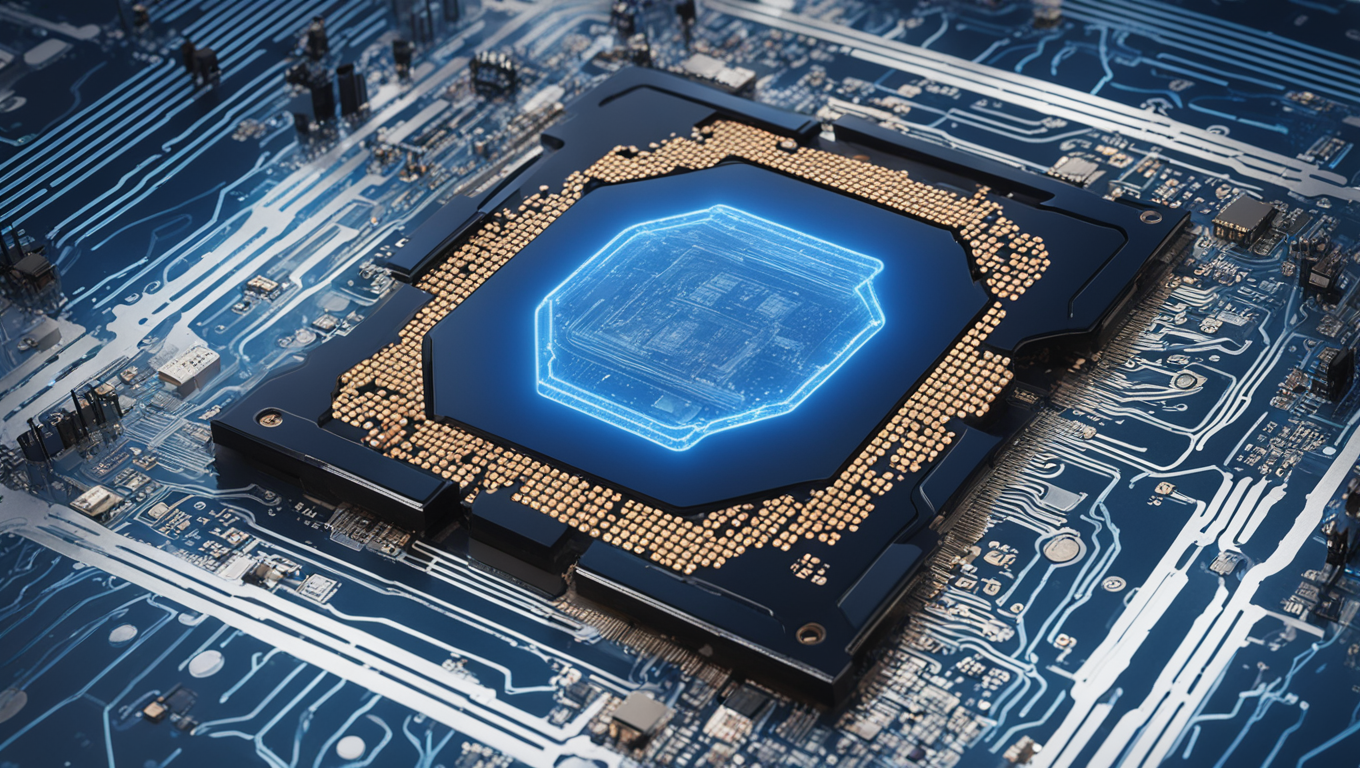Tech Giants Form Consortium to Challenge Nvidia’s Dominance in AI Data Centers
In a bold move to break Nvidia’s stronghold on the AI chip market, major tech firms including Meta, Microsoft, Advanced Micro Devices (AMD), and Broadcom have announced the development of a new industry standard for networking in AI data centers. The goal of this collaboration is to establish an open standard called the “Ultra Accelerator Link” (UALink) for communication between artificial intelligence accelerators, which are essential for processing large amounts of data in AI tasks.
Notably absent from this group is Nvidia, the current market leader with a staggering 80% share in the AI chip market. Companies like Meta and Google are eager to reduce their reliance on Nvidia’s networking business, which plays a crucial role in enabling the company’s dominance in the AI space.
According to the companies involved in the consortium, an industry specification like UALink is crucial for standardizing the interface for AI and machine learning, high-performance computing (HPC), and cloud applications in the next generation of AI data centers and implementations.
This move highlights the significant investments that tech companies are making in hardware to support the growing demand for AI applications. As the demand for AI data centers and the chips they run on continues to rise, the Ultra Accelerator Link group aims to design specifications that govern connections among different accelerators within a data center.
The specifications for UALink will be made available to companies that join the UALink Consortium in the third quarter of 2024.
While Meta, Microsoft, AMD, and Broadcom have joined forces to challenge Nvidia’s dominance, it is interesting to note that one of Broadcom’s main competitors in the networking and custom chip market, Marvell Technologies, is not part of the group.
Nvidia and Marvell Technologies have not yet responded to requests for comment on this development, leaving many to speculate on their stance regarding this industry collaboration.
With the formation of the UALink Consortium, it seems that the tech industry is uniting to create a more open and standardized approach to networking in AI data centers. This move could pave the way for increased competition and innovation in the AI chip market, ultimately benefitting companies seeking alternatives to Nvidia’s offerings.
The battle for dominance in AI data centers is far from over, and as more companies join forces to challenge Nvidia’s position, the landscape of the industry may undergo significant changes. Only time will tell how this collaboration will impact the future of AI hardware and accelerate advancements in machine learning, HPC, and cloud applications.





Use the share button below if you liked it.